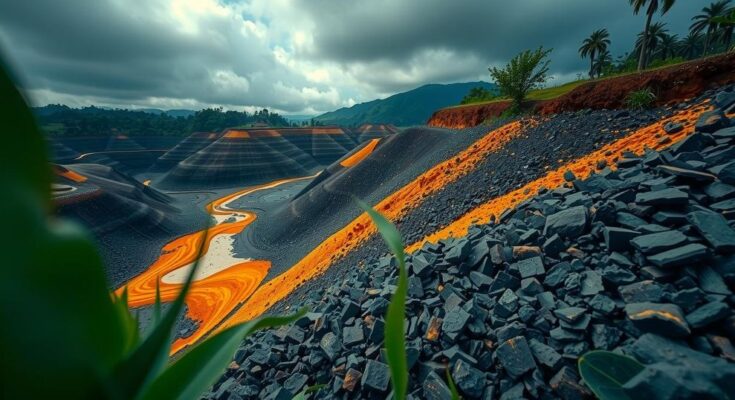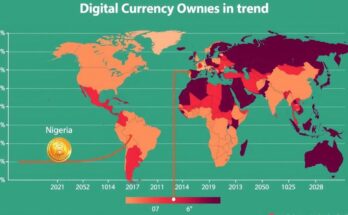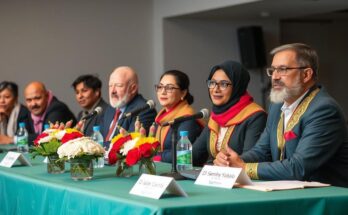Illegal gold mining in Ghana, driven by rising global prices, has increased despite military efforts to combat it, with 70-80% of mines unlicensed and producing 1.2 million ounces of gold this year. Dubbed “Galamsey,” this issue is crucial ahead of the elections, raising concerns about environmental and corruption impacts.
Illegal gold mining in Ghana has escalated significantly, driven by a nearly 30% increase in global gold prices this year, despite military interventions aimed at curbing these operations. It is estimated that 70 to 80% of small mining operations in the country operate without licenses. As a result, an impressive 1.2 million ounces of gold have been mined illegally thus far in 2023. This troubling practice, commonly referred to as “Galamsey,” has arisen as a crucial issue in the context of the upcoming elections in Ghana. The ramifications of illegal mining extend beyond economic concerns; they encompass widespread environmental degradation and systemic corruption affecting local communities and governance structures.
Ghana’s gold mining sector has a long-standing history, positioning the country as one of Africa’s leading gold producers. However, the rise of illegal mining operations, particularly small-scale ventures conducted without the necessary permits, poses severe challenges. These unregulated activities have been fueled by a significant surge in gold prices, prompting individuals to exploit natural resources with little regard for environmental laws or the long-term impacts on communities. The term “Galamsey” refers specifically to these illegal artisanal mining activities, highlighting the economic desperation that many face in rural areas.
In conclusion, the surge in illegal gold mining in Ghana underscores the urgent need for effective regulatory measures and community engagement to address the issues surrounding environmental destruction and corruption. As the country approaches elections, stakeholders must prioritize sustainable practices that protect natural resources while ensuring equitable economic opportunities for local populations. The consequences of ignoring these challenges may lead to irreparable harm to both the environment and the socio-economic stability of mining communities in Ghana.
Original Source: www.bbc.co.uk




